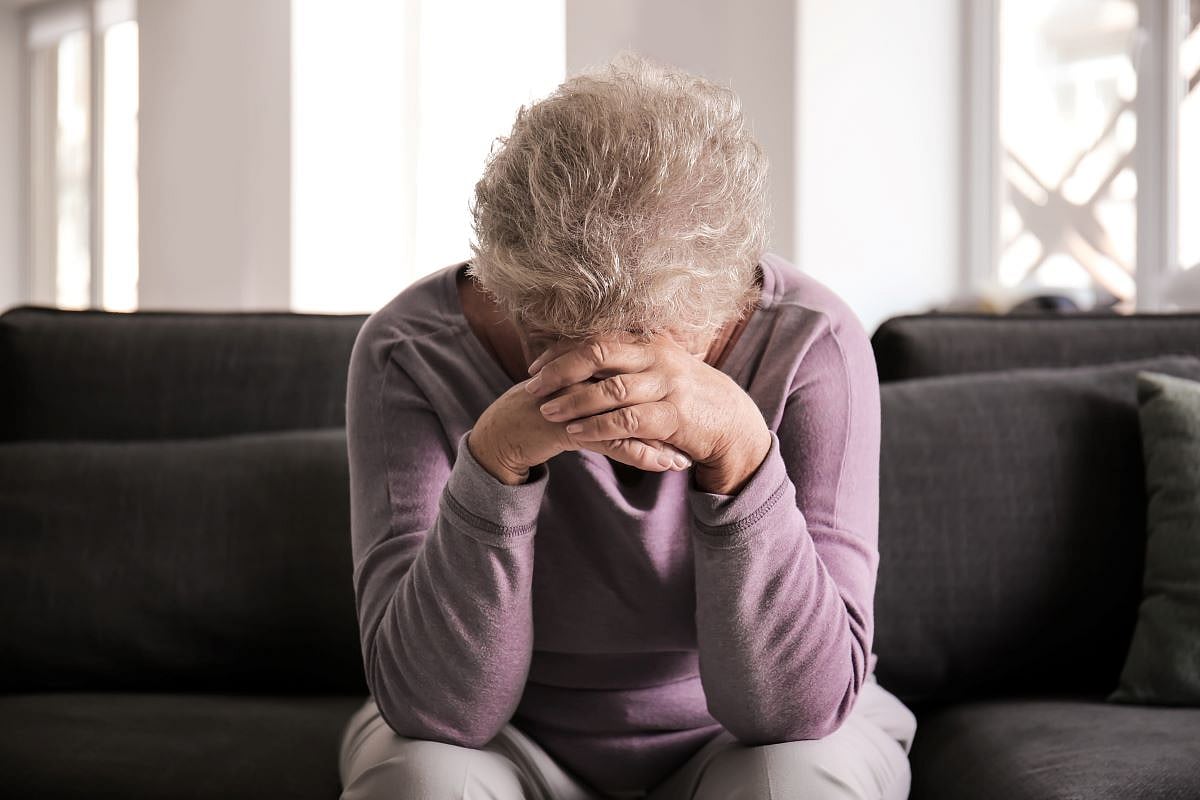More information coming soon.
Get Healthy!

- Posted August 22, 2024
Vaccination Could Shield Against Mental Issues Following Severe COVID
People stricken with a severe case of COVID-19 have a higher risk of mental illness in the year following their infection, a new study warns.
However, vaccination appears to ward off these effects on mental health, researchers reported Aug. 21 in the journal JAMA Psychiatry.
People hospitalized for COVID have a 16 times higher risk of developing depression, in one example provided by researchers. Even those COVID patients not hospitalized have more than a doubled risk of depression.
However, the incidence of depression among people vaccinated against COVID was the same as that of people never infected with the coronavirus, results showed.
“Our results highlight the importance COVID-19 vaccination in the general population and particularly among those with mental illnesses, who may be at higher risk of both SARS-CoV-2 infection and adverse outcomes following COVID-19,” said lead researcher Venexia Walker, a senior research fellow in epidemiology at the University of Bristol Medical School in the U.K..
For the study, researchers analyzed the medical records of more than 18.6 million adults aged 18 and older in England. All these records covered the period before COVID vaccination was available, and about 1 million of the patients had a confirmed COVID diagnosis.
The research team also analyzed another group of more than 14 million vaccinated people, more than 866,000 of whom had a confirmed COVID diagnosis, and a group of more than 3.2 million unvaccinated people with nearly 150,000 confirmed COVID infections.
Overall, they found that COVID infection increased the risk of most mental illnesses within one to four weeks of the illness, mainly after severe infections that led to hospitalization.
The risk remained higher for up to a year following severe COVID in unvaccinated people, researchers added.
The mental illnesses considered in this study included depression, anxiety, PTSD, eating disorders, addiction, self-harm, suicide and serious mental disorders like schizophrenia, researchers said.
“We have already identified associations of COVID-19 with cardiovascular disease, diabetes and now mental illnesses,” researcher Jonathan Sterne, a professor of medical statistics and epidemiology with the University of Bristol Medical School, said in a university news release.
More information
The National Institute of Mental Health has more on COVID-19 and mental illness.
SOURCE: University of Bristol, news release, Aug. 21, 2024




